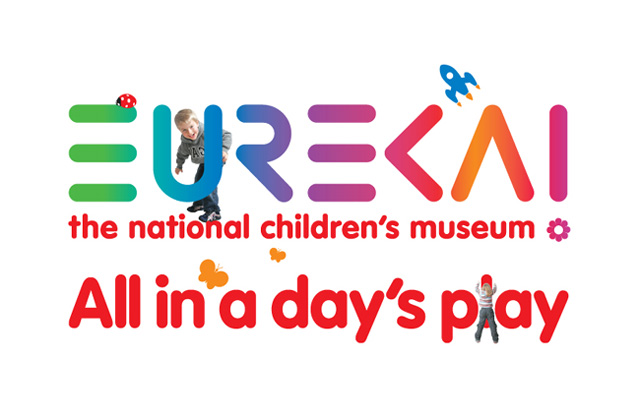On the eve of National Storytelling Week I thought I'd tell you about some of the storytelling we get up to at Eureka!.
Although we use traditional and well-loved stories a lot of the time, (my favourite being ‘The Gruffalo’), we also tell a different kind of story; a story without a book. I love this kind of story as it allows me, as the storyteller, to really become part of the story. The basic story is the same but every narrator tells it in his or her own way.
‘The glow-worm who couldn’t glow’ written by Ben Healy, one of the enablers here, is based around a set consisting of a tree, some grass, some rocks, a few flowerpots and a watering can. I was amused the other week, when I came to tell the story, by the reaction of one young boy. I had previously delivered a science busking session, which he had obviously attended. Apparently not being familiar with the concept of multi-tasking, he enquired of me in a voice filled with equal amounts of suspicion and confusion “Is this ‘a story’ or is it … ‘an experiment’?” (I still wonder what experiment he thought those particular pieces of equipment might have been used for!)
Children of all ages love the story of little babyglow, who can’t go to a party until she learns to glow and sets out to find the wise old millipede to find out how. She meets many friends along the way – and a very mean earthworm! The story has a nice moral (that friends make you happy and that if you’re mean you end up having no fun) but it is also filled with lots of little nuggets of information. Take the following extract for example:
Babyglow has got stuck in a spider’s web and the spider appears and asks in a menacing voice...
SPIDER: Are you my dinner?
BABYGLOW: Ooh! I hope not!
SPIDER: Well, let’s find out; do you have big boogly eyes?
BABYGLOW: No, my eyes are quite small.
SPIDER: Well, do you have 6 spindly little legs?
BABYGLOW: No, I don’t have any legs.
SPIDER: Do you have wings?
BABYGLOW: No, no wings at all.
SPIDER: Then you’re not my dinner, you’re not a fly.
BABYGLOW: Do you only eat flies?
SPIDER: Yes, lovely crunchy flies – but spiders are a bit short sighted so I couldn’t tell what you were.
So, that tiny extract tells us that spiders eat flies and are quite short sighted and also gives some of the typical characteristics of a fly. It’s surprising how much children can learn without realising, just by listening to a story. I think storytelling can be a great educational tool. I leave you with words credited to a Native American proverb:
What stories do you like to tell your kids? Or what are your favourite stories from childhood?“Tell me the facts and I’ll learn. Tell me the truth and I’ll believe. But tell me a story and it will live in my heart forever.”
Jill Ward is in the Front of House team at Eureka!









